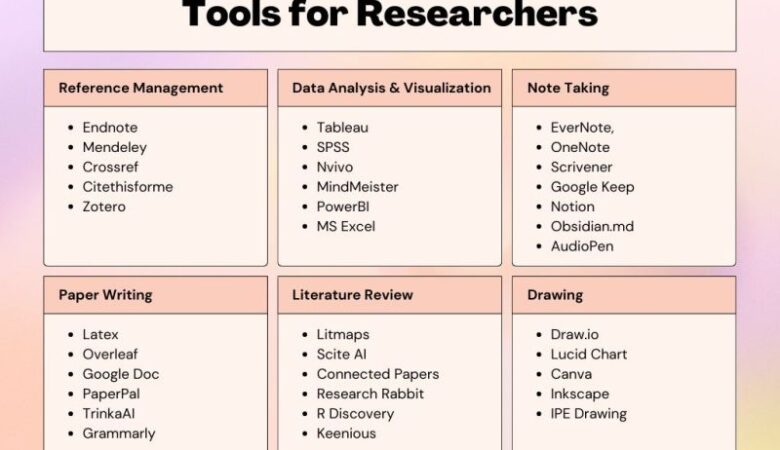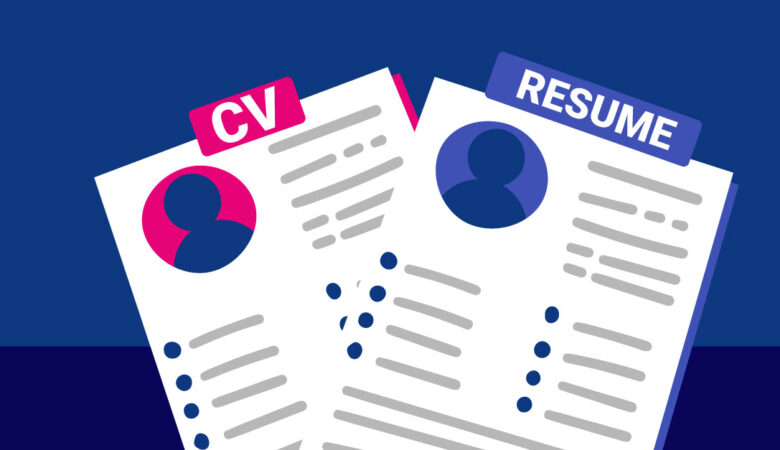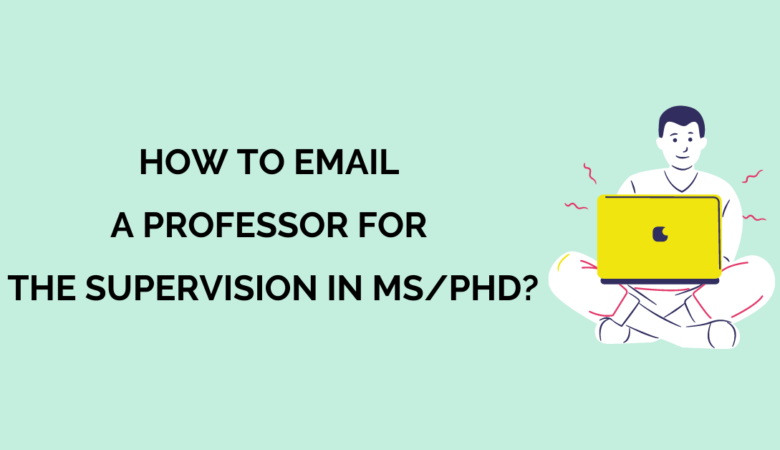Denmark—land of Viking heritage, fairytales, and world-leading higher education—invites international students to immerse themselves in a vibrant Nordic culture, cutting-edge research facilities, and a truly unique student life. Whether you’re planning a bachelor’s, master’s, or PhD, this guide covers everything you need to know about study in Denmark, from tuition fees and cost of living to visa requirements, scholarships, and beyond.
Why Study in Denmark?
World-Class Education
Danish universities rank among Europe’s best, thanks to:
Strong emphasis on research and innovation
Project-based learning and problem-solving
English-taught programs at bachelor’s and master’s levels
Safe & Sustainable Society
Consistently ranked one of the world’s safest countries
Green campuses, clean energy, and a high standard of living
The concept of “hygge” (coziness) fosters community and wellbeing
High Graduate Employability
Denmark boasts one of the lowest graduate unemployment rates in Europe
Strong ties between universities and industry
Opportunities for internships and research collaborations
Work While You Study
International students can work up to 20 hours per week during term and full-time in holidays
Valuable work experience and extra income to offset living costs
Tuition Fees in Denmark
Free Education for EU/EEA Students
EU/EEA and Swiss citizens, as well as certain residence permit holders, enjoy tuition-free education at Danish public universities.
Tuition Fees for Non-EU/EEA Students
| University | Annual Tuition (€) |
|---|---|
| Aalborg University | ~14,000 (BSc & MSc) |
| Aarhus University | 8,000 – 15,000 |
| Aarhus BSS (Business & Social Sciences) | 8,500 (BSc) / 10,000 (MSc) |
| Copenhagen Business School | ~15,000 (MSc) |
| IT University of Copenhagen | ~13,500 |
| Roskilde University | 9,000 – 18,000 |
| Technical University of Denmark (DTU) | 6,500 – 17,000 |
| University of Southern Denmark (SDU) | ~15,000 |
| University of Copenhagen | 7,000 – 13,000 (MSc) |
| VIA University College | 7,000 – 8,000 (BSc) |
Pro Tip: Application fees of DKK 750 (€100) per institution typically apply for non-EU/EEA students, often covering multiple programs.
Cost of Living in Denmark
Denmark’s cost of living is higher than many European countries, but careful budgeting makes it manageable.
Estimated Monthly Budget
| Expense | Monthly Cost (€) |
|---|---|
| Accommodation | 400 – 1,200 |
| Food & Groceries | 200 – 300 |
| Transport | 50 – 80 |
| Utilities & Internet | 100 – 200 |
| Leisure & Misc. | 100 – 200 |
| Total | ¥–> 900 – 1,980 |
- Accommodation:
- Student halls: €400 – €700
- Shared apartments: €500 – €900
- Private rentals (Copenhagen): €800 – €1,500
- Food & Groceries:
- Discount supermarkets (Netto, Fakta): €200 – €300
- Dining out sparingly keeps costs down
- Transport:
- Monthly public transit pass: €50 – €80
- Cycling culture: one-time bike purchase ~€150
Visa Applicants: You may need to show €750 – €900 per month in blocked account funds when applying for a Denmark student visa.
Student Life & Culture
Campus Environment
- Collaborative classrooms, small group projects, and flat hierarchies
- Access to state-of-the-art labs and libraries
- English-speaking teaching staff and international student services
Social Integration
“Hygge” events: cozy gatherings, fika-style cafés, and communal dinners
Student organizations: sports clubs, cultural societies, and academic associations
National festivals: Roskilde Festival, Copenhagen Jazz Festival, and more
Language
English proficiency is sufficient for most programs
Danish language courses free or subsidized; boosts employability and daily life
Scholarships & Funding
Denmark offers various scholarships for non-EU/EEA students to help cover tuition fees and living costs:
Danish Government Scholarships
Funded by the Ministry of Higher Education & Science
Often target priority countries or specific fields
University-Specific Grants
Aarhus University, University of Copenhagen, etc., offer limited merit-based scholarships
Nordplus & Erasmus+
EU programs supporting exchanges and short-term studies in Denmark
Private Foundations
Egmont Foundation, Novo Nordisk Foundation: select funding for research students
Pro Tip: Apply early—deadlines are often October–December for autumn intake.
Denmark Student Visa & Residence Permit
EU/EEA Students
- No visa needed; register for a CPR number to access health care, banking, and services
Non-EU/EEA Students
Step 1: Obtain Admission
- Receive admission letter from a Designated Educational Institution (DLI)
Step 2: Blocked Account
- Deposit ~€11,000 (equivalent to one year’s funds) in a blocked bank account to prove financial means
Step 3: Apply for Residence Permit
- Online application via New to Denmark portal
- Required documents:
- Passport copy
- Admission letter
- Proof of funds (blocked account)
- Health insurance (until CPR registration)
- Processing time: 1–3 months
- Fee: ~DKK 2,500 (€335)
Step 4: Arrival & Registration
- Collect Residence Card at local Citizen Service Center
- Register for CPR, open a bank account, and enroll in health care
Career Prospects & Post-Study Options
- Work During Studies
- Part-time (20 hrs/week) during term
- Full-time in holidays
- No work permit required for non-EU/EEA students
- Graduation
- Standard Bachelor’s/Master’s: 3–5 years
- PhD programs typically include funding and stipends
- Post-Study Stay
- Apply for Job Seeker visa: 6 months to find skilled employment
- Skilled Worker permit after securing a job offer
- Path to permanent residency after 8 years (2 years for EU)**
Conclusion
Studying in Denmark offers a rare combination of world-class education, cultural richness, and high quality of life. While tuition fees and living costs may seem significant, the availability of scholarships, part-time work, and a supportive student environment make Denmark an affordable and desirable destination for thousands of international students each year. Start your Denmark study journey today and unlock a future filled with academic excellence, personal growth, and lifelong memories!
Frequently Asked Questions (FAQs)
Can I study in Denmark for free?
Yes, if you are from the EU/EEA or hold qualifying residence permits.
How much does it cost to live in Denmark as a student?
Approximately €900 – €1,980 per month, depending on city and lifestyle.
Are there English-taught programs?
Yes, most universities offer English Master’s and many Bachelor’s programs.
Can I work while studying?
Yes, 20 hours/week during term and full-time during holidays without a separate work permit.
What visa do I need?
Residence permit for studies via the New to Denmark portal; no visa for EU/EEA students—just CPR registration.







I wish I could study in Denmark
I am dr bantie ,a pediatric resident and I want scholarship in health science